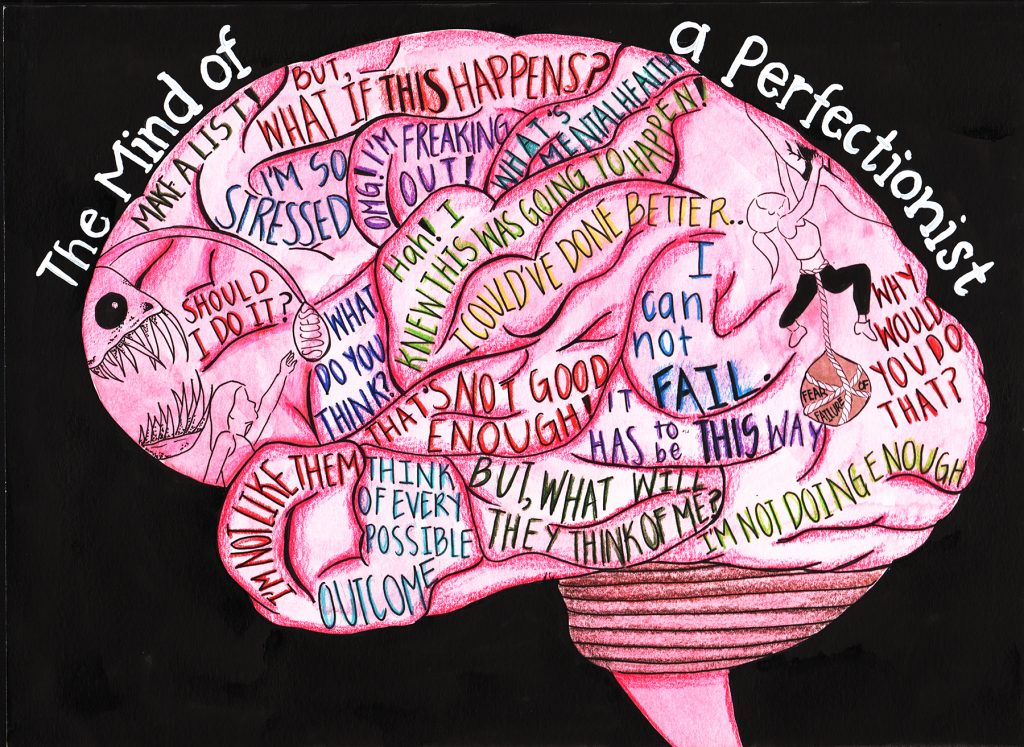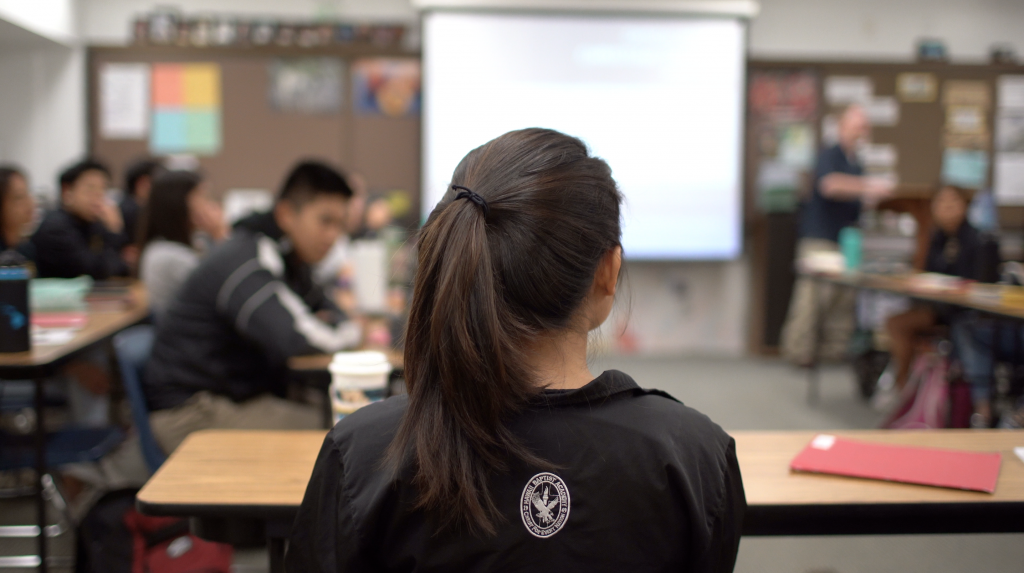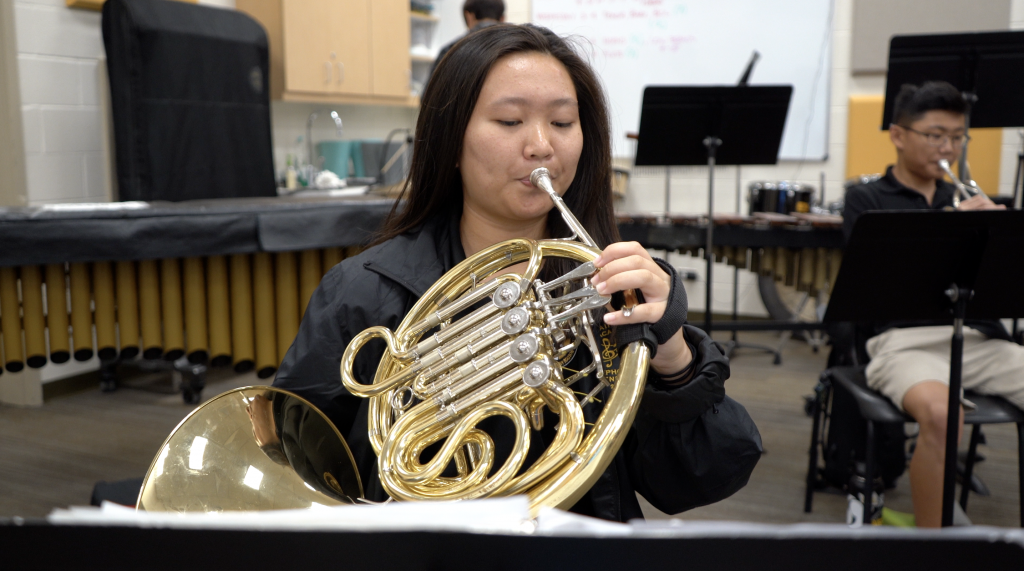Hi, I’m _____ and I’m a Perfectionist


Every week, like any other regular club meeting, perfectionists gather in a classroom during lunch to talk about their Type-A struggles. Hawaii Baptist Academy history teacher Lynne Nakano, a self-described perfectionist, began this unofficial club to provide a safe place for students to share how perfectionism affects them and to help each other deal with it.
Beneath their calm composure, perfectionists are often in turmoil because they feel the incessant need to do everything perfectly all the time. Most people believe perfectionists feel the need to fold their laundry until they’re satisfied with how it looks or that they always have to color coordinate their notes. In practice, these are just superficial stereotypes. According to Nakano, perfectionism is more about “fearing failure and putting worth in your achievements” than about being persnickety about everyday things. Perfectionists set high expectations for themselves and feel compelled to accomplish every goal they have set. In other words, there is no room for failure.

Perfectionist Club members, seniors Lindsay Sasaki and Kacie Kwan, believe perfectionism to be “toxic.” Not only do perfectionists constantly compare themselves to others, they also think that they’re never good enough to achieve what others can. Paradoxically, they feel as though they can accomplish everything they set out to do, even at the cost of their own mental health. Perfectionists think they can take on every activity, problem, or project. There is a constant fear that they are not doing enough even though they have probably taken on too much.

Another problem perfectionists deal with is the fact that because they always appear “perfect” in the eyes of others, they feel the pressure to live up to that expectation. There’s a fear that once they mess up, people will see the truth about them—that they are fakes or try-hards. Sophomore Amanda Sato is the president of her class, plays in HBA’s top band, the Symphonic Wind Ensemble, plays varsity tennis and club tennis, and takes part in several school clubs around campus. Her peers often describe her as an overachiever and a “good student” who does no wrong. While this may seem complementary, it is a double-edged sword for Sato. “People always associate me with always doing things right, which is not true, so when I mess up, people get surprised, which really makes me feel annoyed,” she said.

Nakano often tells her students, perfectionists or not, to remember that they are created by God. “So whatever you find yourself in, where you’re experiencing weakness and the fallen side of your nature, look [to the bible.]” She also reminds her students that they don’t get to determine their own worth. “We don’t get to say, ‘Well, I’ve achieved enough, so therefore, I’m worth it.’ Nor can we say, ‘I’ve not achieved enough, therefore, I’m not worth it.’” she said
Although there are many downsides to being a perfectionist, it’s not entirely a curse. According to Sasaki, since perfectionists always strive to be the best possible version of themselves, they tend to have “good work ethic, perseverance, and self-motivation.”

